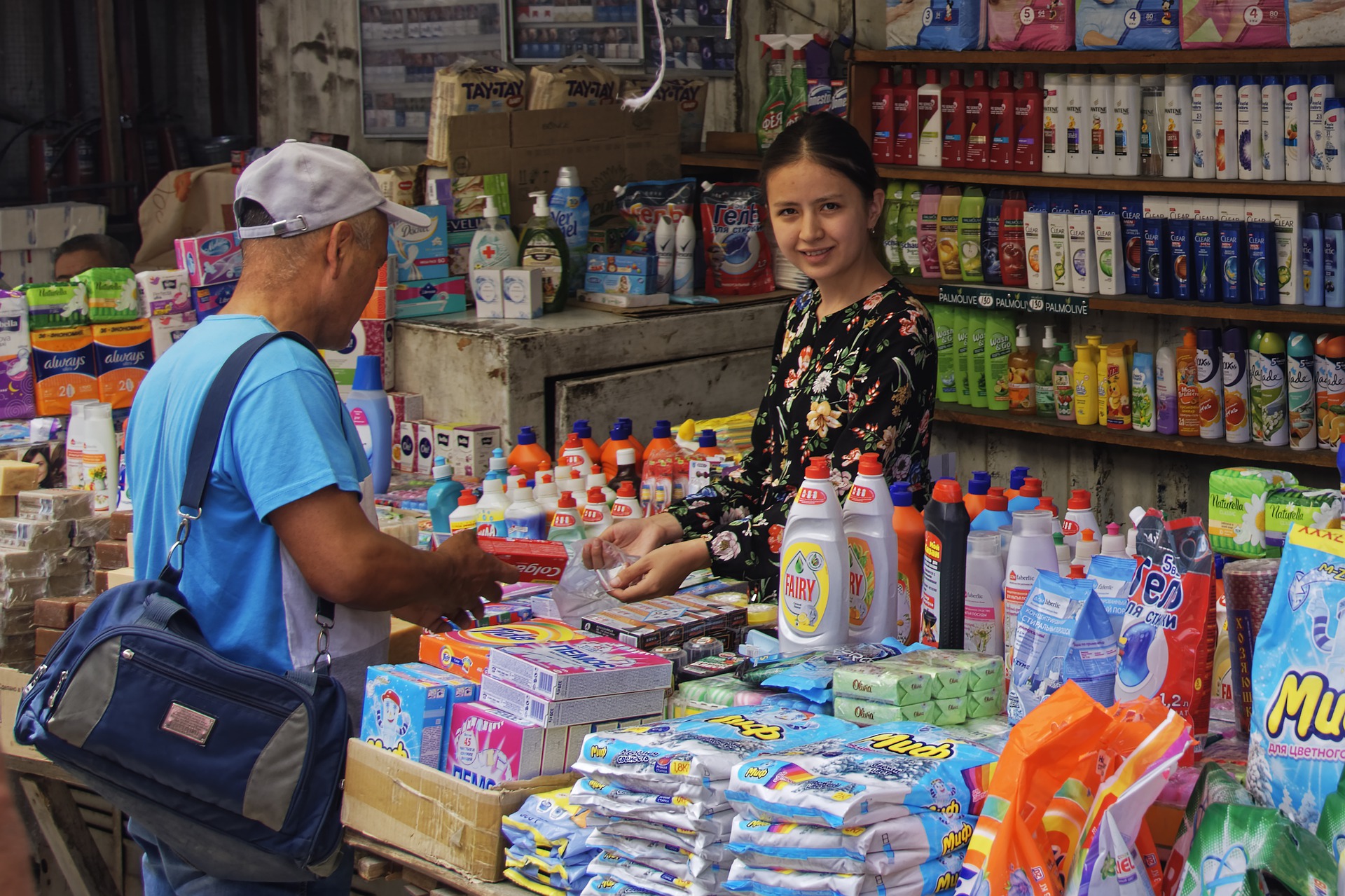Developing best practice for community markets

We are delighted to share the news that the Markets 4 People team recently began a new project to increase the impact of our findings. The University of Leeds ESRC Impact Acceleration Account (IAA) will be contributing just under £15,000 for the project ‘Developing best practice for community markets’, with an additional £5,000 contribution from Power to Change, a charitable trust which supports and develops community businesses in England. The result of the project, which will run for 12-months alongside our main M4P research, from 2020 to 2021, will be two best practice handbooks. The first (HB1) will offer guidance to market operators on best practice in identifying and enhancing community value whilst the second (HB2) will function as a ‘how-to’ guide for trader- and community-run markets.
We’re often asked what we mean when we refer to ‘community value’: surely it’s a very subjective concept? For the purposes of our project, by ‘community value’ we mean social benefits and cultural functions, as well as more socially-oriented economic outcomes, including:
- Access to good quality, healthy and affordable fresh food.
- Opportunities for social and cultural interaction.
- Relatively low-cost and accessible trading spaces.
- Serving low-income groups; black and minority ethnic groups; migrants and refugees; elderly people; socially isolated and other vulnerable groups.
The M4P project has generated an unanticipated wealth of examples of best practice for enhancing community value, such as embedding public services into market redevelopments. These have never been systematically collated and recognized within national debate. Meanwhile, since our research began, increasing numbers of market operators have been exploring regeneration schemes and new management models, and interest, funding and support for community business and cooperatives has grown. These two factors have significantly expanded the potential for trader/community groups to run their own markets, necessitating guidance on the alternative management models and expertise required, whilst creating opportunities for M4P to engage with non-traditional market management groups.
As for the larger M4P project, development of the handbook will be led by researchers from the University of Leeds and the Open University and our collaborators at NMTF and NEF. However, we will be inviting a diverse range of contributors to shape the content and offer their unique perspective and insights. We are grateful for the support of NABMA, the National Association for British Market Authorities, and its members, whose involvement will be crucial to the development and dissemination of HB1. We are also fortunate to be working with CLES, the national organization for local economies, with whom we plan to present the handbooks and host workshops at their Community Wealth Building Centre of Excellence annual summit in June 2021. CLES will also be running training sessions for traders and community co-ops hoping to make use of HB2.
Alongside leading industry bodies and organizations such as Power to Change and CLES, who share our interest in supporting and developing resilient community networks, we also want to hear from the people whose voices are often unrepresented within national debate. Campaign groups and traders are central to our research and anyone who is interested in helping to develop the content of the handbooks is invited to get in touch. One way to do so, if you are a market trader or operator/manager is by completing a short form on the NMTF website. Traders, if you are involved in running a market - for instance as part of a cooperative or community interest company – we’d really love to hear from you at: https://www.nmtf.co.uk/campaigns/community-value/handbooks-traders/. Managers/operators – what steps have you taken to enhance the benefits that your market offers to the local community? Let us know at https://www.nmtf.co.uk/campaigns/community-value/handbooks-operators/.
